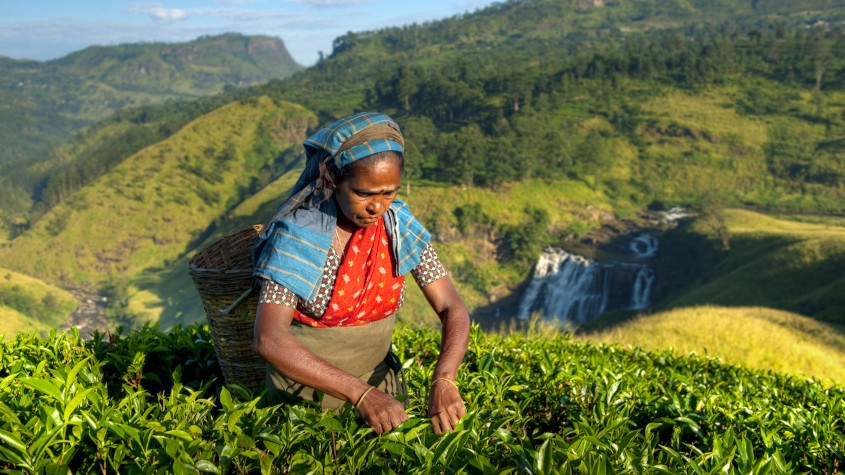Reaching Audiences in Their Own (Traditional) Languages
February 21, 2021
WIPO recognizes the vital role of languages in all aspects of public life, particularly in education. On the United Nations (UN) International Mother Language Day, we celebrate the promotion and preservation of indigenous languages, which are some of the most endangered languages in the world, putting invaluable cultures and knowledge system at risk of completely disappearing.

Worldwide observance of the importance of languages and multilingualism underscores the international community’s commitment to the 2030 Agenda for Sustainable Development, particularly the framework’s universal guiding principle of Leave No One Behind.
According to data provided by the UN General Assembly in preparation for the 2019 International Year of Indigenous Languages, at least 40% of the estimated 6,700 languages spoken around the world are endangered due to the often political and social isolation of indigenous communities in their countries. Geographical location and other circumstances have contributed to this isolation.
Furthermore, only a few hundred of spoken languages have an established place in the world’s education systems, with fewer than one hundred used in the digital world. The International Year of Indigenous Languages, and the upcoming 2022-2032 International Decade of Indigenous Languages reflect the global community’s recognition that indigenous languages make up the majority of the world’s languages facing extinction.

In celebration of International Mother Language Day, we are seeking interested indigenous peoples and local communities (IPLCs) to collaborate with us on the translation of our information resources and our animated film, The Adventures of the Yakuanoi, into indigenous languages.
Help us translate The Adventures of the Yakuanoi
The Adventures of the Yakuanoi is a short animated film based on a fictitious indigenous community and their most celebrated asset: a suryan paste with unique healing properties developed with the use of traditional knowledge carefully passed down from generation to generation.
Traditional knowledge is a living body of knowledge. It often makes up the know-how and practices, which have been developed and maintained by IPLCs. Frequently transmitted in an informal, oral manner, these traditional forms of creativity and innovation are not only representative of the cultural identity of IPLCs, but may also be an important economic asset.
Narrated by a young Yakuanoi woman, the story of the Yakuanoi illustrates how one indigenous community was able to navigate the IP system as they work towards protecting their traditional knowledge assets.
The five-minute film is already available in the following language versions on the WIPO YouTube channel:
- Arabic
- Chinese
- French
- Inuktitut (sub-titled)
- Kyrgyz (sub-titled)
- Norwegian (sub-titled)
- Portuguese (sub-titled)
- Russian
- Saami (southern) (sub-titled)
- Saami (northern) (sub-titled)
- Spanish
Don’t see your language listed? Get involved!
We’re working so that The Adventures of the Yakuanoi reaches as wide an audience as possible, but in order to do so, we need your help. In line with WIPO's Open Access Policy, we invite readers, particularly IPLCs, to provide additional translations of the film’s script.
WIPO’s Traditional Knowledge Division is able to provide logistical support and possible funding to cover the costs of translation of the film’s script. Once a translation of the script is ready, WIPO will handle any subsequent editing of the film.
Contact us for more information or if you are interested in providing a translation of the script for The Adventures of the Yakuanoi.
Looking for more information on indigenous languages and WIPO’s work on traditional knowledge?
Visit the WIPO Traditional Knowledge website for more on WIPO’s work on intellectual property and traditional knowledge, traditional cultural expressions and genetic resources.
Check out Traditional Knowledge Division’s wealth of resources on information related to the IP management of traditional knowledge, traditional cultural expressions and genetic resources.
For regular updates on WIPO’s activities, sign up for the WIPO Traditional Knowledge e-newsletter.